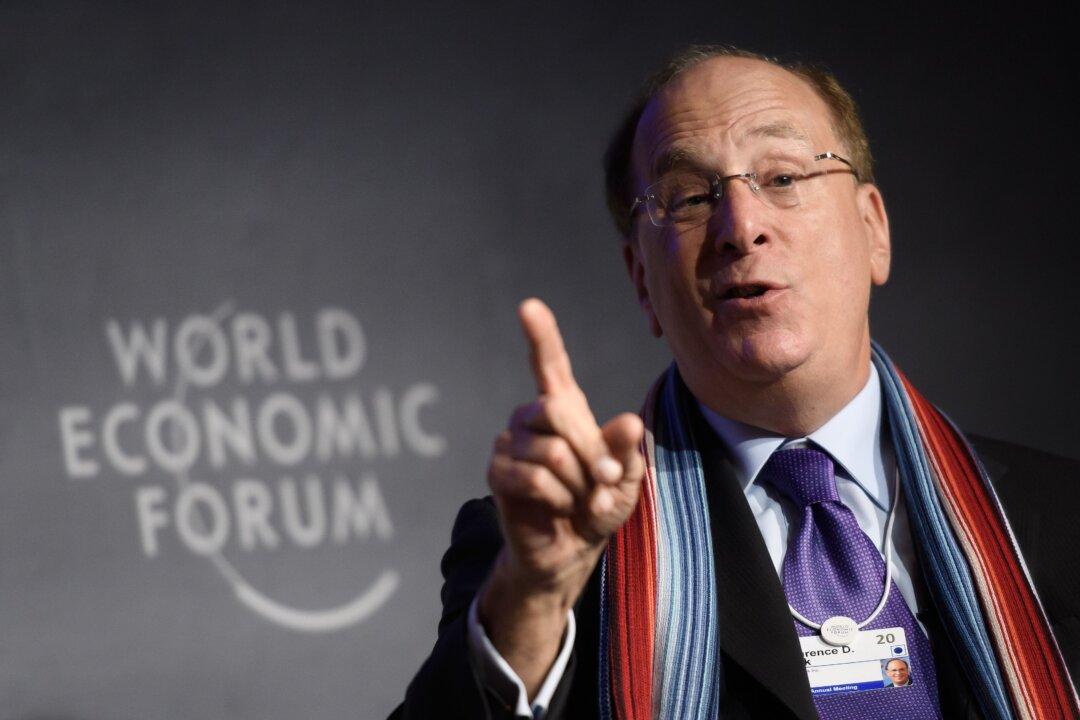The West Virginia State Treasurer’s Office contacted six financial institutions on June 10 regarding alleged violations of its new law aimed at stopping banks boycotting the energy sector.
Those institutions are BlackRock, Goldman Sachs, JPMorgan Chase, Morgan Stanley, U.S. Bancorp, and Wells Fargo. The treasurer’s office provided the names on June 13 in response to a Freedom of Information Act request by The Epoch Times.





